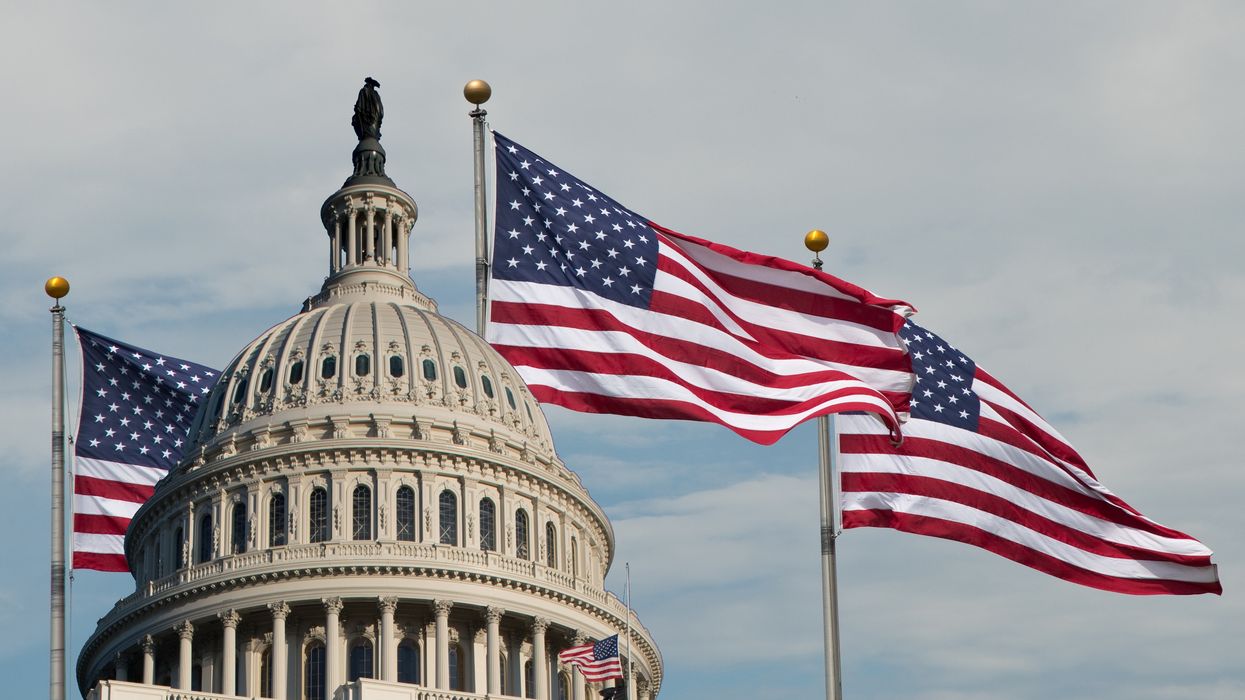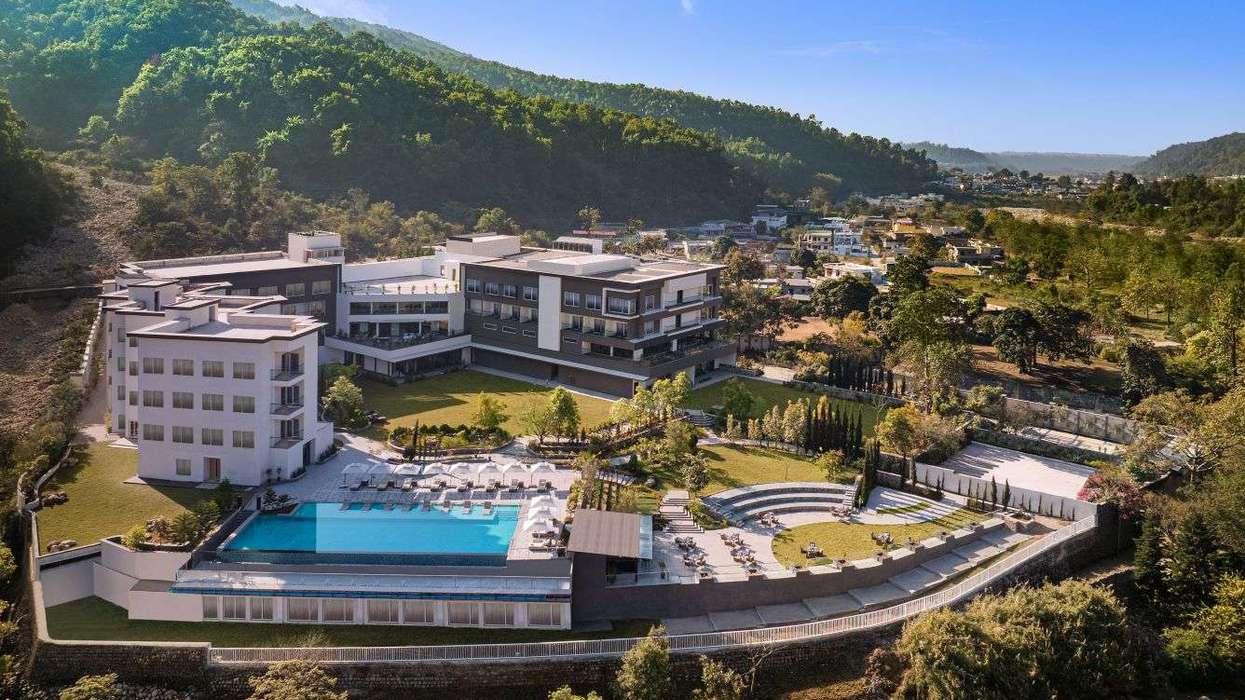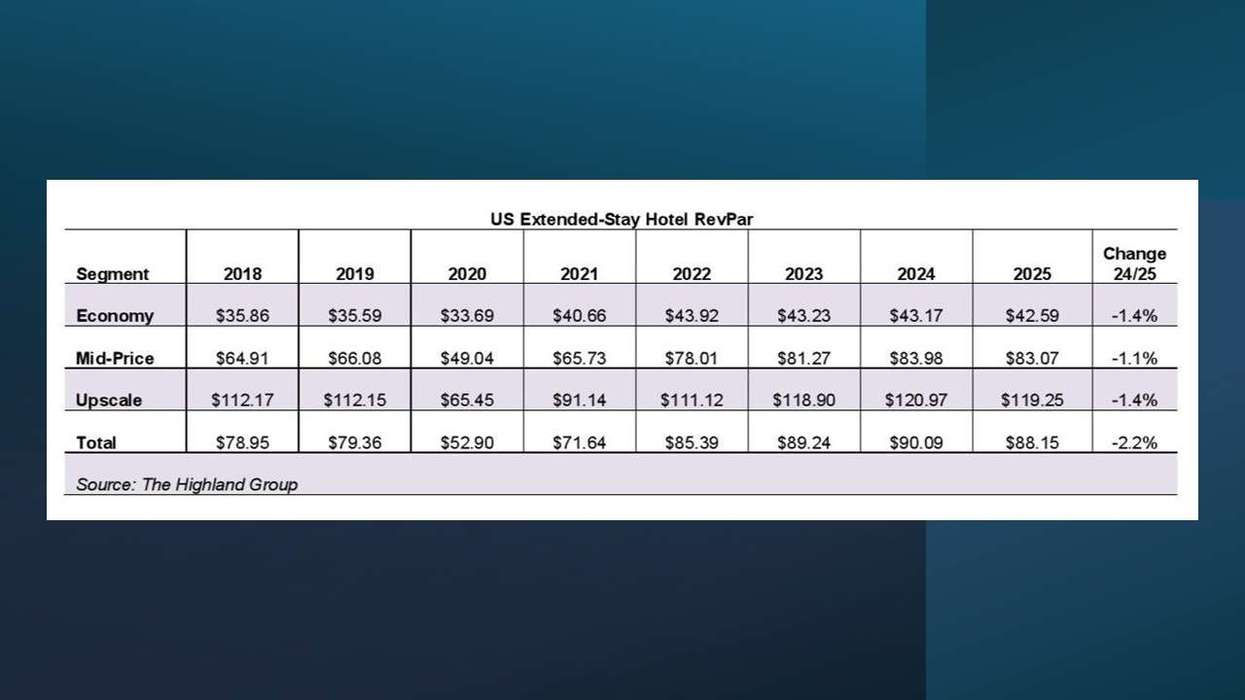What Challenges Face the U.S. Hospitality Industry 2025?
AAHOA AND KALIBRI Labs launched a national study on the impact of federal policy changes and industry challenges, showing a mixed outlook for U.S. hospitality in 2025. About one-third of hotel submarkets are ahead of 2024 benchmarks, but more are seeing declines—particularly in government and corporate segments—raising concerns ahead of peak summer travel.
AAHOA’s March 2025 survey found 69 percent of hotel owners reported business declines linked to recent federal policy changes.
“These findings are not just numbers—they reflect the real-world challenges and opportunities facing our members,” said Miraj Patel, AAHOA chairman. “It’s encouraging to see that some markets are holding steady or growing, but the overall outlook calls for close attention and action. As owners, we are on the front lines, and partnerships like this help ensure our perspective is represented in broader industry discussions.”
Nearly half cited reduced government per-diem bookings in the past 30 days, with similar expectations ahead, AAHOA’s survey showed. About 61 percent said summer bookings are pacing behind 2024. Fewer than 5 percent reported any growth in government or business bookings, with properties near military bases and those reliant on cross-border traffic from Canada and Mexico seeing the steepest drops.
Kalibri Labs’ Market Intelligence for the first quarter of 2025 shows government per diem business down 9 percent year-over-year in actualized room nights, with future government bookings for the next 30 days down 16 percent compared to 2024. Corporate business is down 4 percent year-over-year, with a 2 percent decline in future bookings over the next 30 days. Across all rate segments, future bookings for the next 30 days are 3 percent behind the same period in 2024.
Laura Lee Blake, AAHOA president and CEO, said the industry is navigating a period of change, making informed, data-driven decisions more critical than ever.
“This collaboration with Kalibri Labs helps illustrate what hotel owners are experiencing across markets and property types,” she said. “Some segments are showing resilience, but others are feeling the impact of recent federal shifts. By working together, we can better understand these changes and advocate for policies that support long-term industry stability.”
Kalibri Labs' segment data showed upper-midscale hotels were 1 percent below 2024 levels in actual room night demand through March, with a 12 percent shortfall in future bookings. Upscale and upper-upscale hotels were near 2024 demand levels, but future bookings are down 7 percent and 4 percent, respectively. All extended-stay brands are ahead of 2024 by 1 to 2 percent across segments, despite lower demand in government and corporate bookings.
“While some markets are managing well through a turbulent period, the broader trend shows evidence of contraction—particularly in government and corporate segments,” said Cindy Estis Green, Kalibri Labs' CEO. “Our collaboration with AAHOA brings both context and clarity to these early warning signs.”
The joint initiative combines AAHOA's membership of over 20,000 hoteliers with Kalibri Labs' data drawn from more than 36,000 U.S. hotels, the duo said.
Meanwhile, AAHOA is preparing for its 2025 Convention & Trade Show, set for April 15–17 in New Orleans. The event will feature education, networking, and a trade show under the theme “New Ideas, New Opportunities, New Orleans”.






